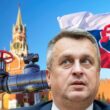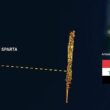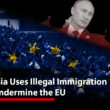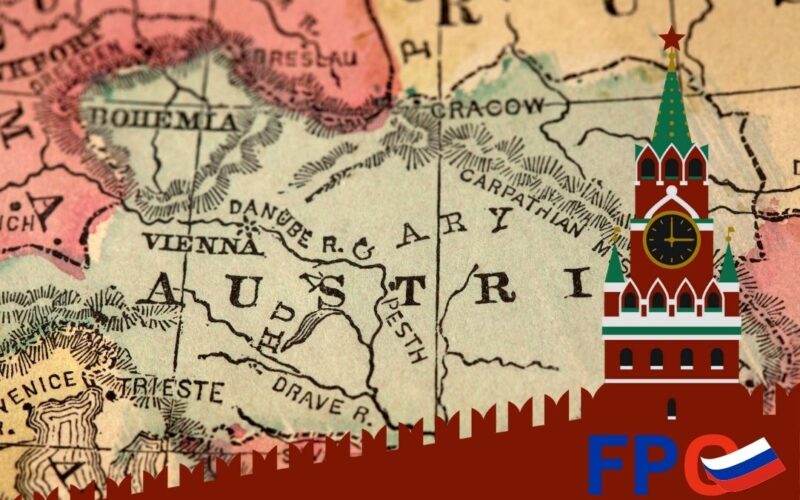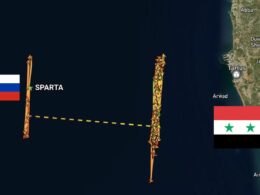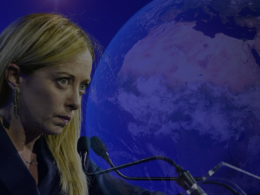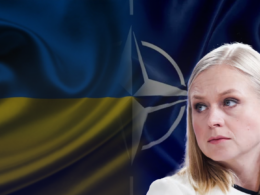Based on a common anti-liberal ideology, the Freedom Party (FPÖ) maintained political ties with Russia and President Putin even before Russia’s full-scale invasion of Ukraine. “Party members admired the Russian regime for its rejection of Western liberal principles and supported Moscow’s criticism of Brussels during the 2010s migration crisis,” according to researchers Reinhard Heinisch and Diane Hoffmann. The FPÖ condemned EU sanctions against Moscow and justified Russia’s annexation of Crimea in 2014. This position was reinforced by a formal partnership agreement between United Russia and the FPÖ in 2016. Despite formally distancing itself from this arrangement, the FPÖ under Herbert Kickl’s leadership missed the deadline to cancel the pact, allowing it to be automatically extended until 2026.
FPÖ portrays the situation in Ukraine on social media in a different way than other Austrian political parties, describing Russia’s war on Ukraine as a “conflict,” or a struggle between sides that have their own interests. FPÖ believes that It is not a war of aggression waged by an aggressor against its smaller neighbour. This is why they claim that Austria is better off remaining neutral. The FPO is also trying to paint a populist picture of Russia’s aggression, creating a false idea that ordinary people oppose a “war of the elites.»
The party’s anger is directed not at Moscow, but at Brussels’ sanctions against Russia, which are affecting the Austrian economy. The FPÖ puts the blame for the high inflation and rising energy prices not to Russia’s actions, but to the actions of the EU and the West as a whole, derogatorily calling the sanctions Knieschuss-Sanktionen, implying that the EU is shooting itself in the foot. Austria appears to be another victim of the war in this instance.
The party’s platform, which is being released in the lead-up to the September parliamentary elections, calls for Austria to be barred from contributing to the EU’s combined military aid fund for Ukraine and suggests that they would “force” Ukrainian refugees to return home if conditions in their area remain calm.
The party also accuses Washington of reaping the most benefits from the conflict and focuses its criticism on both the US and the Biden government. The FPÖ is echoing Russian propagandists when they claim that the war’s “true goal” is to destabilize Russia and increase Europe’s reliance on the US. Examples of such statements are party member Susanne Fürst’s 2022 speech in the Austrian parliament and FPÖ foreign policy spokesperson Axel Kassegger’s remarks in the same year. Another example is the frequent references to the ‘American arms industry’ in their speeches, which is allegedly the reason why the war continues. The FPÖ calls for a referendum on sanctions against Russia based on this justification.
In addition, the FPÖ backs other EU players—particularly Hungarian Prime Minister Viktor Orban—who oppose the EU’s joint foreign policy with Russia. In particular, in 2022, the party responded on its Facebook account to Orban’s decision to block the EU aid package for Ukraine as follows: ‘Bravo to Viktor Orban! Put an end to this war-mongering by the EU!’.
The growth of the far-right radical movements in Europe is a threat not only to Europe’s support for Ukraine, but also to the stability and unity of the continent.
